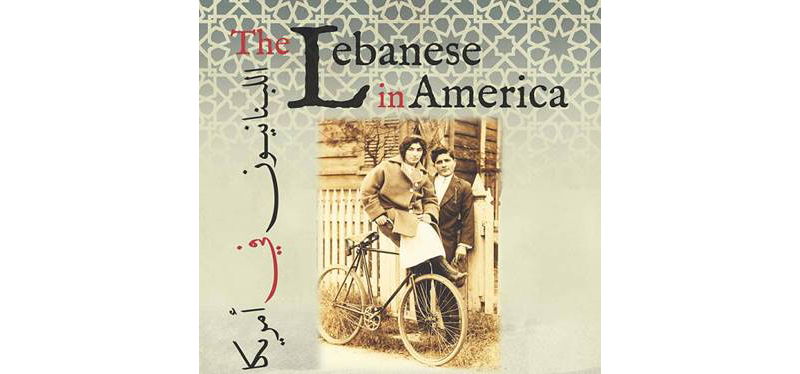
On April 3-4, the University Archives will host Photo Scanning Days as part of programming for the Lebanese in America exhibit.
Over the two-day period, guests are encouraged to bring in photographs related to Lebanese culture and heritage in the Mississippi Delta. Scanning will begin on April 3 at 1 p.m. and will continue until 6 p.m. On April 4, scanning will begin at 9 a.m. and will conclude at 3 p.m. The scanning stations are set up in Jobe Hall, inside the auditorium’s side stage area.
While guests visit with digitization specialists, they can also share stories with oral history interviewers set up for the days.
The images and information will become a part of the MS Digital Library, and a copy will be housed within the University Archives & Museum. Individuals may donate their original images to the University Archives & Museum or may take their originals back home after they’ve been scanned.
Guests are also invited to tour the exhibit.
“Hosting the traveling exhibit has provided us the opportunity to reach out to this particular group in our community, and I am thankful for that,” said Emily Jones, university archivist.
Keith Fulcher, executive director of Alumni-Foundation, has been a driving force in making the traveling exhibit and supporting programming a reality.
“People sometimes ask me why we put so much energy and time into collecting a particular piece of our history, and I have to be honest, I am able to dedicate more time to specific projects when there is someone within that community willing to commit their time to helping me collect on their behalf,” said Fulcher.
“Collecting our shared Delta history is a shared responsibility,” added Jones. “With support from groups like the Quality Enhancement Plan, the university’s Diversity Committee and the university’s Special Programs Committee, we are able to shine a spotlight on different areas of our history for a time. Collaborative work such as the traveling exhibit and supporting programming is a key element in encouraging community support and collecting a well-rounded representation of our collective history.”
In order to serve as many individuals as possible during the photo scanning, participants are asked to select 10- 15 images to be scanned. Additional images can be left in the care of the University Archives to continue digitizing and will be returned to each owner once all images have been scanned.
For more information, contact Jones at ejones@deltastate.edu.

